Dontcha Think It's Time
June & July 2020
The police exist to keep us safe, or so we are told by mainstream media and popular culture. TV shows exaggerate the amount of serious crime and the nature of what most police officers actually do all day. Crime control is a small part of policing, and it always has been.
Felony arrests of any kind are a rarity for uniformed officers, with most making no more than one a year.
Officers I’ve shadowed on patrol describe their days as “99 percent boredom and 1 percent sheer terror”—and even that 1 percent is a bit of an exaggeration for most officers.
The End of Policing by Alex S. Vitale

Alfred (six-year-old Black kid): Is that a real gun?
Officer Murtaugh (Danny Glover): Yes it is.
Alfred: Do you kill people?
Officer Murtaugh: No. If a guy is hurting someone I just shoot them in the arm or leg or something. Just to stop him.
Alfred: My momma says policemen shoot Black people.
Officer Murtaugh looks away. Officer Riggs (Mel Gibson) laughs in the background. There is a pause.
Officer Murtaugh: Can someone get this kid some ice cream?
Lethal Weapon, directed by Richard Donner & written by Shane Black


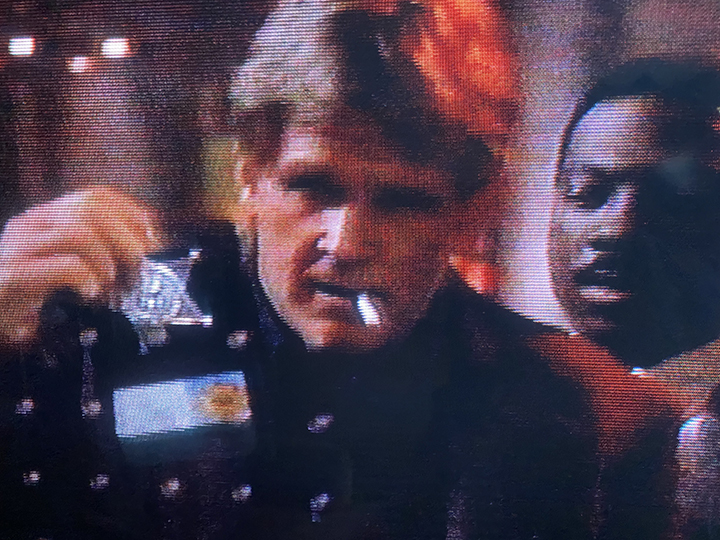
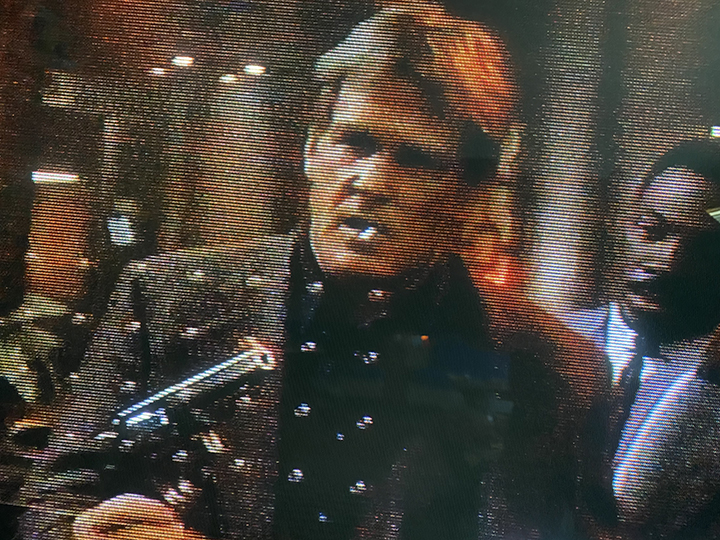
On April 17 [1964], some school children overturned a fruit stand in Harlem. This would have been a mere childish prank if the children had been white—had been, that is, the children of that portion of the citizenry for whom the police work and who have the power to control the police. But these children were black, and the police chased them and beat them and took out their guns...
They are safe only in their houses—or were, until the city passed the No Knock, Stop and Frisk laws, which permit a policeman to enter one’s home without knocking and to stop anyone on the streets, at will, at any hour, and search him.
“A Report From Occupied Territory” by James Baldwin

Jesu (neighborhood kid): Yo! Charlie!
Charlie (Nic Cage, a cop): Jesu! What’s up?
Jesu: Did you kill anybody today?
Nic Cage: No. Didn’t even wound anyone. It’s been really slow.
It Could Happen To You, directed by Andrew Bergman & written by Jane Anderson
The prison therefore functions ideologically as an abstract site into which undesirables are deposited, relieving us of the responsibility of thinking about the real issues afflicting those communities from which prisoners are drawn in such disproportionate numbers. This is the ideological work that the prison performs—it relieves us of the responsibility of seriously engaging with the problems of our society, especially those produced by racism and, increasingly, global capitalism.
Studies indicating that women have been even more likely to end up in mental facilities than men suggest that while jails and prisons have been dominant institutions for the control of men, mental institutions have served a similar purpose for women. That is, deviant men have been constructed as criminal, while deviant women have been constructed as insane.
Are Prisons Obsolete? by Angela Davis


At root … the basic nature of the law and the police, since its earliest origins, is to be a tool for managing inequality and maintaining the status quo.
The End of Policing, by Alex S. Vitale
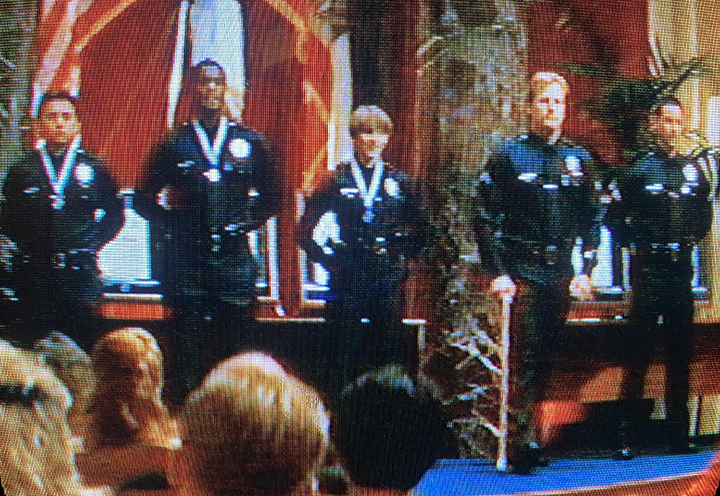




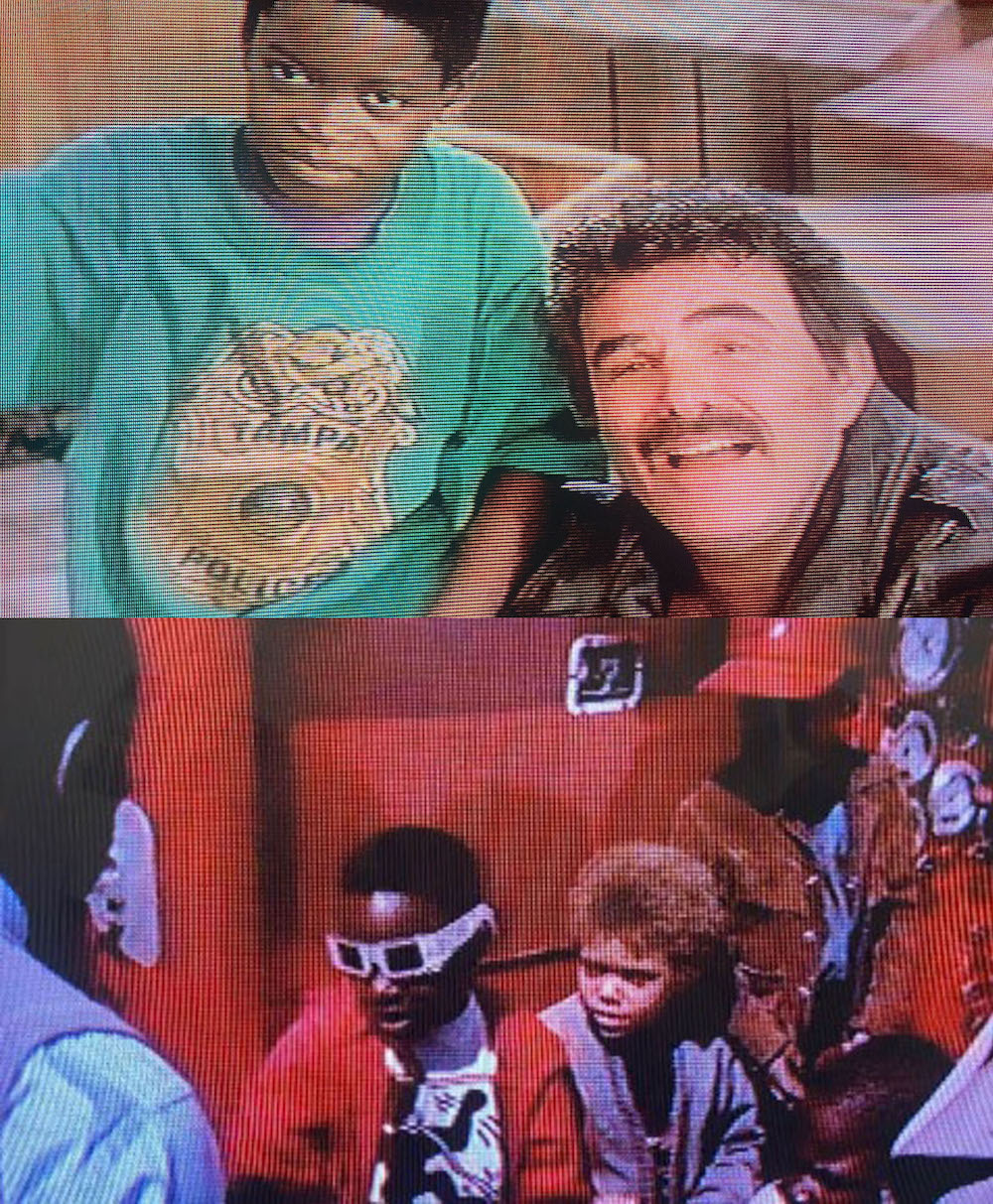

Radio Raheem: Let me tell you the story of right hand-left hand. It's a tale of good and evil. Hate: it was with this hand that Cain iced his brother. Love: these five fingers, they go straight to the soul of man. The right hand: the hand of love. The story of life is this: static. One hand is always fighting the other hand, and the left hand is kicking much ass. I mean, it looks like the right hand—Love—is finished. But hold on, stop the presses; the right hand is coming back. Yeah, he got the left hand on the ropes now, that's right. Ooh, it's a devastating right and Hate is hurt. He's down. Left-Hand Hate KO-ed by Love.
Do the Right Thing, directed & written by Spike Lee

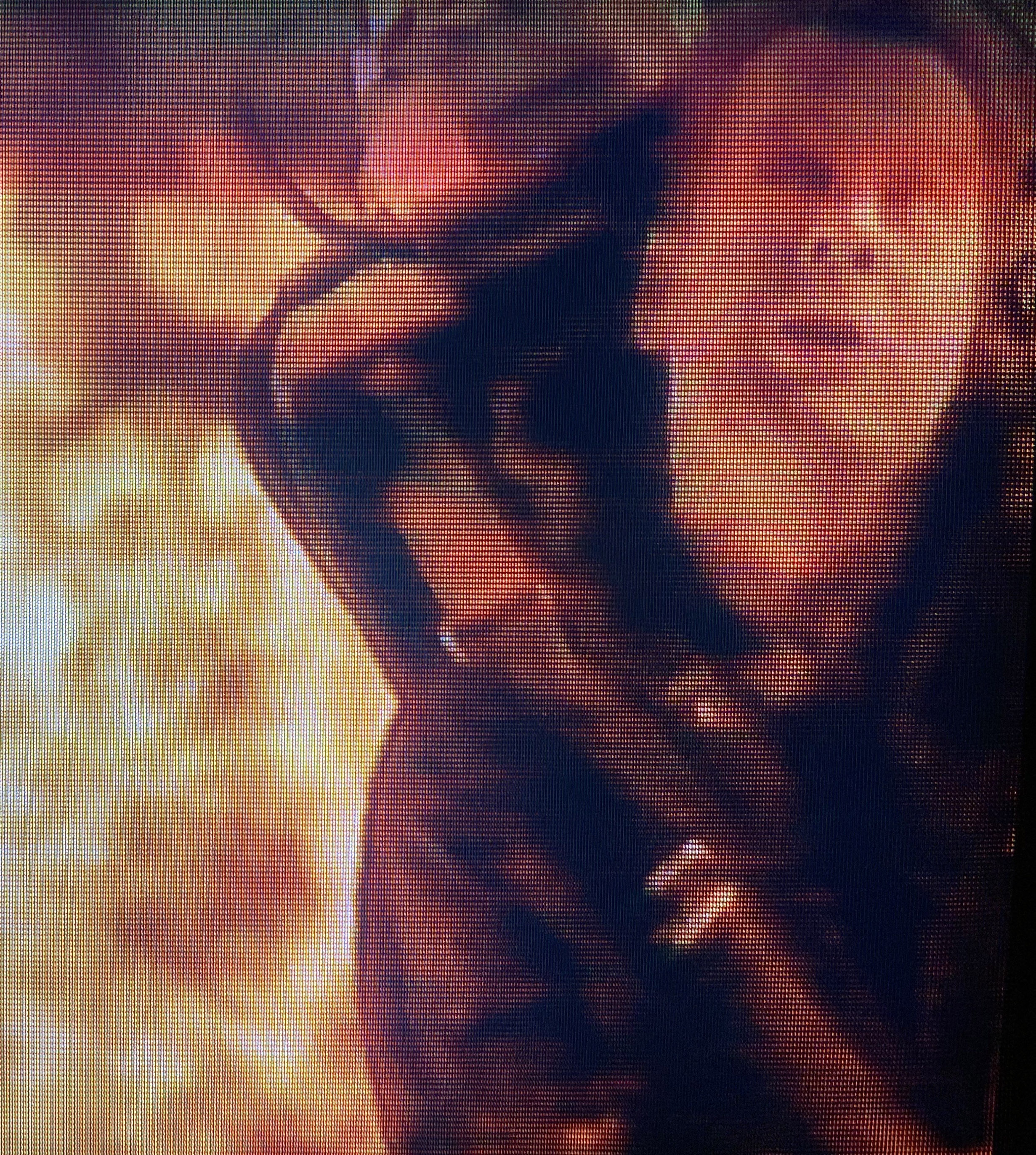
Texts included in this eZine (free and e-readable):
- “A Report from Occupied Territory” by James Baldwin
- The End of Policing by Alex S. Vitale
- Are Prisons Obsolete? by Angela Davis
Places working for criminal justice reform and police abolition that you can support:
Further Reading:
- The Leadership Conference on Civil and Human Rights Toolkit for Police Abolition
- Critical Resistance
- Massive Shared Google Doc ~ Anti-Racist Resource and Reading List
- Reading Towards Abolition: A Reading List on Policing, Rebellion, and the Criminalization of Blackness
- Printed Matter: Black Artists and Publishers
